By Jeff Field | Published July 1, 2024 | Posted in Bankruptcy, Chapter 7 | Tagged Tags: bankruptcy, chapter 7, debt | Leave a comment

Debt Issues Leading More Seniors to File for Bankruptcy
In recent years, there has been a notable increase in the number of seniors filing for bankruptcy across the United States. This trend underscores the financial challenges faced by older adults and highlights the complexities of planning for retirement amidst economic uncertainties. Traditionally, many individuals in their sixties and beyond could rely on pensions that Read More
Read MoreJudgment Creditor Claims Willful and Malicious Conduct in Bankruptcy of Deion Sanders’ Son
Chapter 7 bankruptcy can be a powerful tool for someone who is struggling with debt. The ability to eliminate unsustainable credit-card balances or excessive medical costs can be life-changing. However, not every financial obligation can be discharged through this process. Along with student loans, taxes and past due child support, debts arising from willful and Read More
Read MorePros and Cons of Reaffirming a Debt in a Chapter 7 Bankruptcy
A Chapter 7 bankruptcy offers a fresh start by relieving a debtor of most or all financial obligations to creditors. Although non-exempt property can be liquidated during the process, there may be some property the debtor wants to keep, such as real estate or a vehicle. Reaffirming a debt on such property can be a Read More
Read More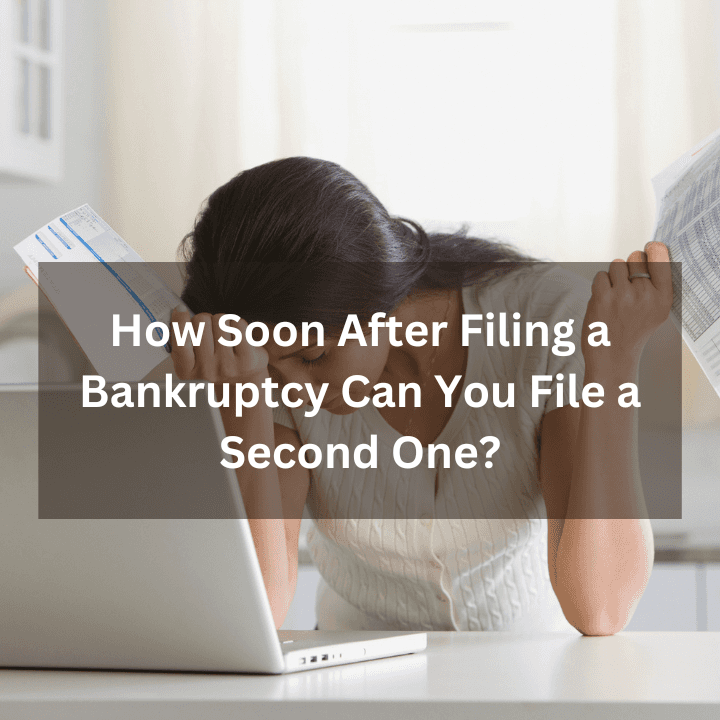
How Soon After Filing a Bankruptcy Can You File a Second One?
Bankruptcy is a legal process designed to help individuals and businesses overcome overwhelming financial difficulties by providing a fresh start. For individuals, the two most common forms of bankruptcy are Chapter 7 and Chapter 13. While these chapters serve similar purposes, they differ in their approach towards debt resolution and in their allowance of second Read More
Read More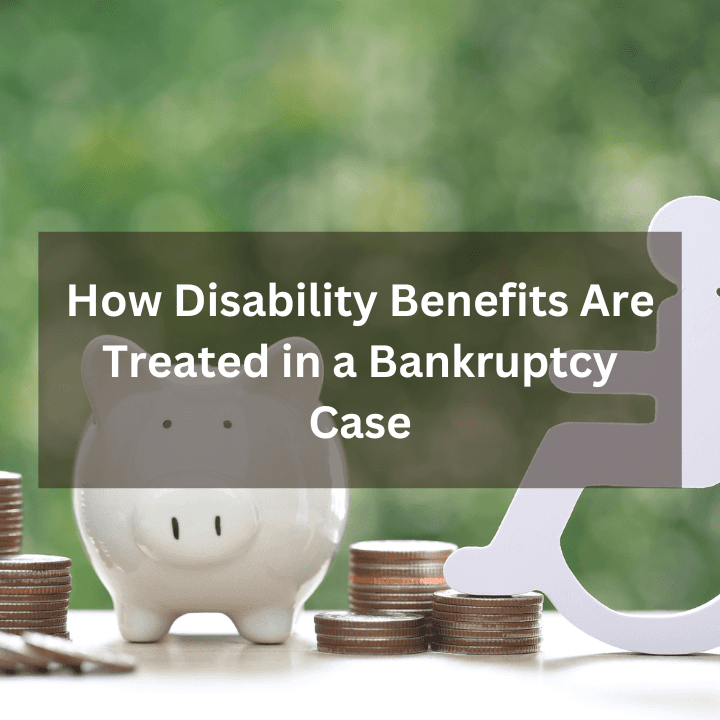
How Disability Benefits Are Treated in a Bankruptcy Case
If you are considering filing for bankruptcy and are on disability, you may be concerned about how the case will affect the benefits you are receiving. Although they are deemed assets under bankruptcy law, disability benefits are generally protected from creditors by being covered by state and/or federal exemptions. However, having these benefits as part Read More
Read More
Ways to Quickly Start Rebuilding Your Credit Score After Chapter 7
A Chapter 7 bankruptcy can be an effective remedy for people who are struggling with overwhelming debt. A bankruptcy filing initially hurts your credit score, but once you’ve received your discharge of debt, you can start to repair your credit score. A Chapter 7 stays on your credit report for 10 years. However, the impact Read More
Read More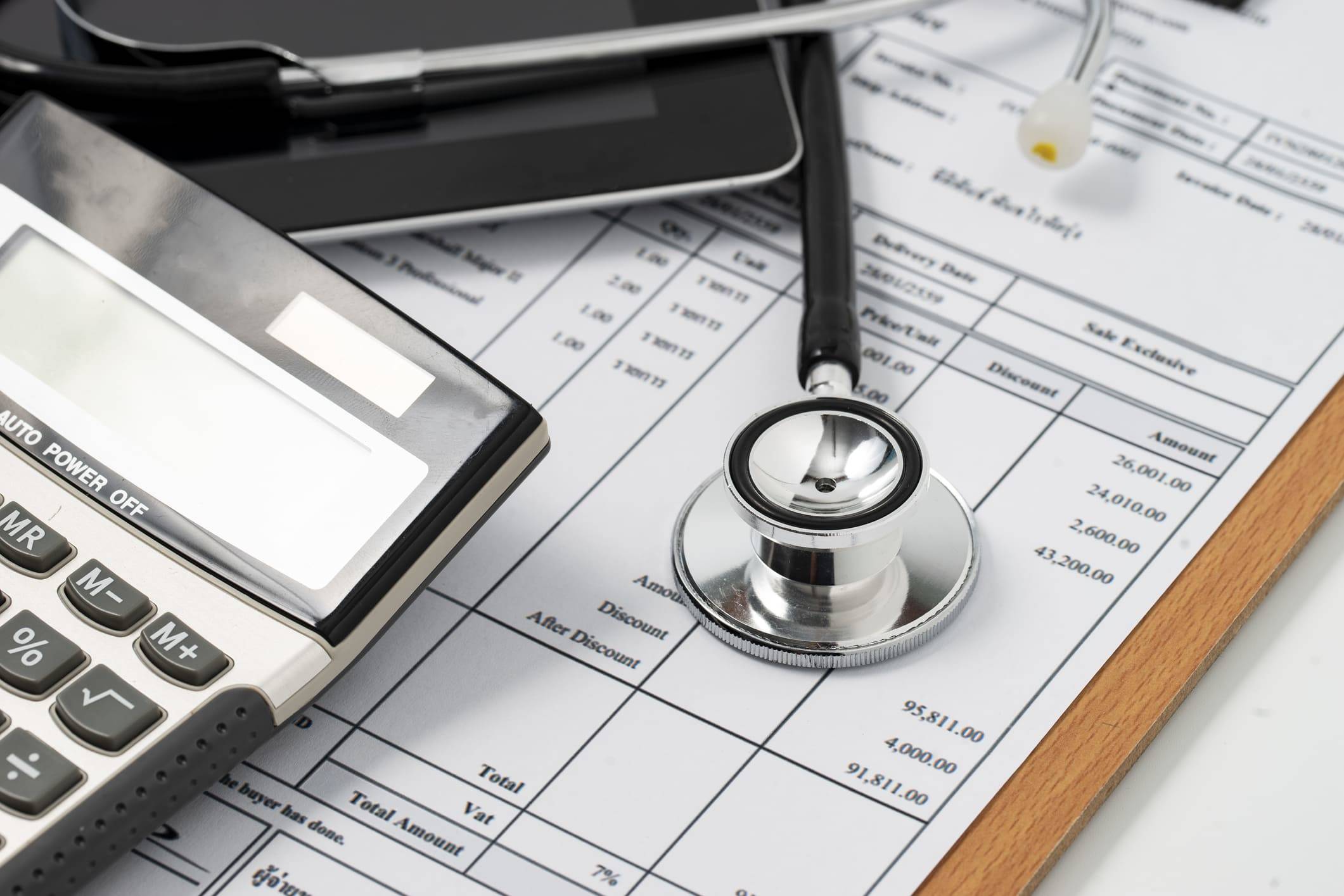
Using Bankruptcy for Relief from Medical Debt
Unpaid medical bills are among the most common types of debt for which people seek bankruptcy protection. Major medical debt accounts for 40 percent of bankruptcies. Such debt often results from a serious illness or health condition that requires hospitalization, surgery and/or other care. The costs can easily amount to tens of thousands of dollars, Read More
Read More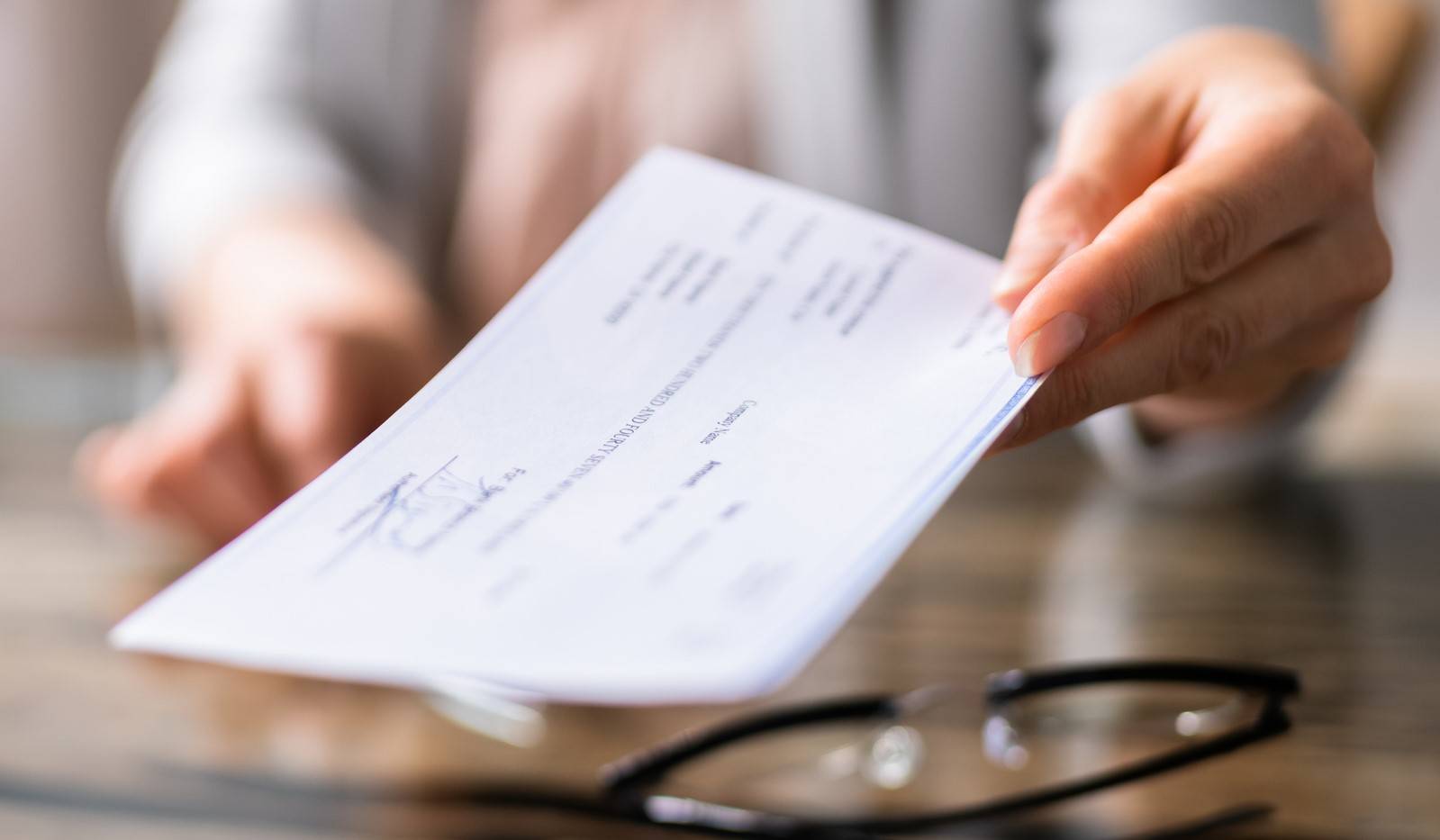
How the Automatic Stay in Bankruptcy Protects Your Wages and Bank Accounts
When your wages, bank accounts and other funds you use for essential expenses are seized to pay overdue debt, the results can be devastating. For example, a wage or bank garnishment may leave you without enough money for your car payment. If the car is then repossessed and you are without transportation, you risk losing Read More
Read More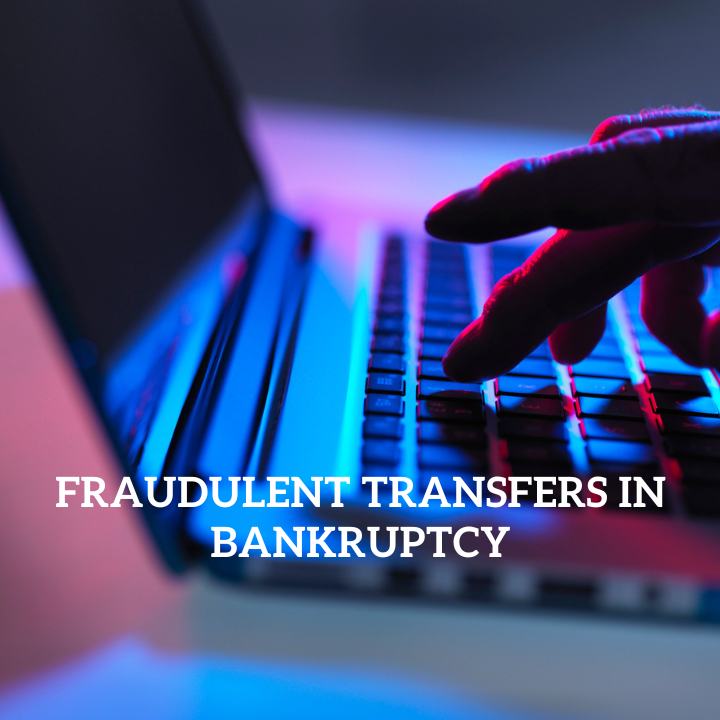
How Fraudulent Transfers Can Frustrate Your Bankruptcy Case
Some bankruptcy filers attempt to shield some of their assets by transferring them to other people. They give away assets or sell them at nominal prices to family members, or friends. Unfortunately, moving assets around shortly before filing for bankruptcy can be deemed fraudulent transfers or fraudulent conveyances. They can be discovered and undone by Read More
Read More
What a Bankruptcy Attorney Can Do That You Probably Can’t
Individuals filing for bankruptcy have the right to represent themselves. Some people are tempted to do so, reasoning that bankruptcy consists of simply filling out forms. However, in most cases, going into bankruptcy without an attorney is a risky course of action. According to recent statistics, people who file Chapter 7 bankruptcy petitions through legal Read More
Read MorePlease fill out the form below and one of our attorneys will contact you.





